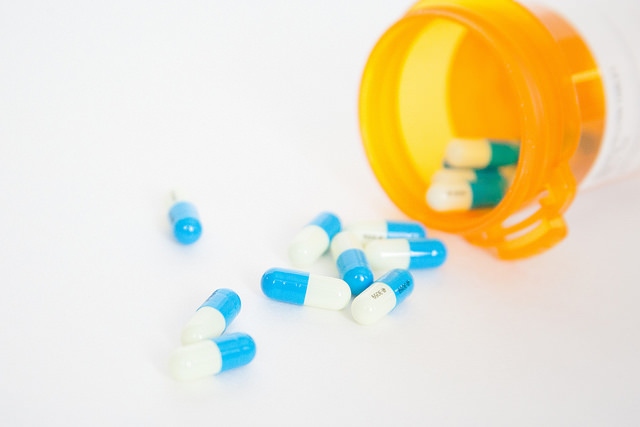
A drug that treats a variety of white blood cell cancers typically costs about $148,000 a year, and doctors can customize and quickly adjust doses by adjusting how many small-dose pills of it patients should take each day—generally up to four pills. At least, that was the case until now.
Last year, doctors presented results from a small pilot trial hinting that smaller doses could work just as well as the larger dose—dropping patients down from three pills a day to just one. Taking just one pill a day could dramatically reduce costs to around $50,000 a year. And it could lessen unpleasant side-effects, such as diarrhea, muscle and bone pain, and tiredness. But just as doctors were gearing up for more trials on the lower dosages, the makers of the drug revealed plans that torpedoed the doctors’ efforts: they were tripling the price of the drug and changing pill dosages.
The drug, ibrutinib (brand name Imbruvica), typically came in 140mg capsules, of which patients took doses from 140mg per day to 560mg per day depending on their cancer and individual medical situation. (There were also 70mg capsules for patients taking certain treatment combinations or having liver complications.) The pills treat a variety of cancers involving a type of white blood cell called B cells. The cancers include mantle cell lymphoma, which was approved for treatment with four 140mg pills per day, and chronic lymphocytic leukemia, approved to be treated with three 140mg pills per day. Each 140mg pill costs somewhere around $133—for now.
Imbruvica’s makers, Janssen and Pharmacyclics, have now gotten approval to sell four different tablets of varying strengths: 140mg, 280mg, 420mg, and 560mg. But the new pills will all be the same price—around $400 each—even the 140mg dose pill. The makers will stop selling the old, cheaper 140mg pill within three months, according to a report by the Washington Post.
The plan nixes any chance to lower costs with lower dosages. Even if patients can drop down to just 140mg a day, they’ll pay three times what they pay now for each 140mg pill.
“Kind of pissed off”
In a statement to the Post, Janssen and Pharmacyclics explained the move by saying the new line-up is “a new innovation to provide patients with a convenient one pill, once-a-day dosing regimen and improved packaging, with the intent to improve adherence to this important therapy.” They noted that those taking 560mg a day will save money with the new pricing.
But doctors balked at what they saw as an underhanded move. In an interview with the Post, oncologist Mark Ratain of the University of Chicago Medicine put things bluntly: “That got us kind of pissed off.”
Ratain and colleagues wrote a commentary in the weekly newsletter Cancer Letters this month, decrying the price hike and new pill series, calling it “highly unusual.” In addition to thwarting efforts to help lower treatment costs, the doctors pointed out that the new dosage lineup will make it harder to nimbly adjust patients’ doses by simply advising them to take different numbers of pills each day. Switching a patient from a 280mg or 420mg per day dose down to 140mg will require paperwork, filling a new prescription, and having patients return unused pills—a process that can drag out for weeks. And increasing a patient’s dose would either be just as lengthy of a process or risk multiplying their treatment costs even further by doubling or tripling the pills each day.
In their commentary, titled in part “Sales Revenues at the Potential Expense of Patient Safety,” the doctors lay out examples of when quick dosage changes would be necessary. Those include when a patient needs to drop down while they’re on a short course of antibiotics or to adjust for new combination-cancer treatments. “Any putative convenience advantage of taking one pill a day is negated by the marked inconvenience to the patient of having to return pills every time there is a need for a dosage change,” they write.
Ratain and colleagues end with a call to the Food and Drug Administration to look into the matter, “given that it creates a barrier to optimal prescribing for some patients,” they write. “We further urge the FDA to recognize that the combination of the high price per pill and the flat pricing scheme are specific impediments to safe administration, and that ignoring the marketing approach for ibrutinib is antithetical to fostering optimally safe dosing and administration.”
https://arstechnica.com/?p=1296205

